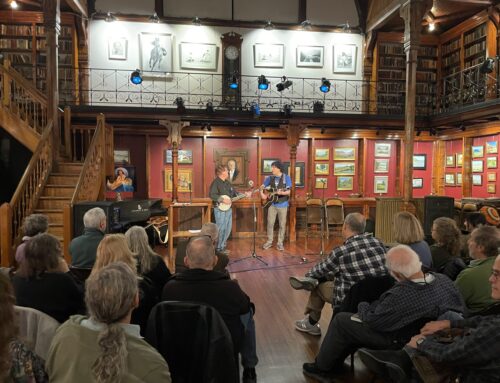Join the discussion and help us work toward a more sustainable future for the MidHudson Region. 
The public is invited to a
Mid-Hudson Sustainability Planning Consortium Public Meeting
Monday, July 30 from 6:30 – 8:30 PM
SUNY Orange Newburgh Campus, Kaplan Hall, The Great Room.
The evening will include presentations and discussion on this unprecedented initiative that is working to utilize the combined knowledge of stakeholders in the seven counties of the Mid-Hudson region to create a plan for a more sustainable future. At this meeting, leaders of the project will provide an overview of this innovative initiative. The public is invited to participate in the process and share ideas and insights that will help define the path to sustainable development in the Mid-Hudson region.
The Consortium is tasked with developing a regional strategy in eight months – this demands the cultivation of strong partnerships and the engagement of the community. The community is encouraged to come and join the discussion to help work toward a more sustainable future for the Mid-Hudson region.
To learn more about the project and join the discussion, the public can visit the new fully interactive public outreach and engagement website at www.EngageMidHudson.com
For more information on The Mid-Hudson Sustainability Planning Project, please contact Victor-Pierre Melendez, Project Coordinator, at Victor@Clearwater.org , or 845-265-8080, ext.7144.
The Mid-Hudson Sustainability Planning Consortium has launched a regional sustainability planning process as part of phase one of the Cleaner, Greener Communities program announced by Governor Cuomo in 2011. The Program empowers regions to create more sustainable communities by funding smart development practices. Planning teams are partnering with public and private experts across a wide range of fields, along with community residents, to lead the development of regional sustainability plans and to implement projects that will significantly improve the economic and environmental health of their areas. The plan will guide integrated, sustainable solutions—from statewide investments to regional decision-making on land use, housing, transportation, infrastructure, energy, and environmental practices—to improve our quality of life.





